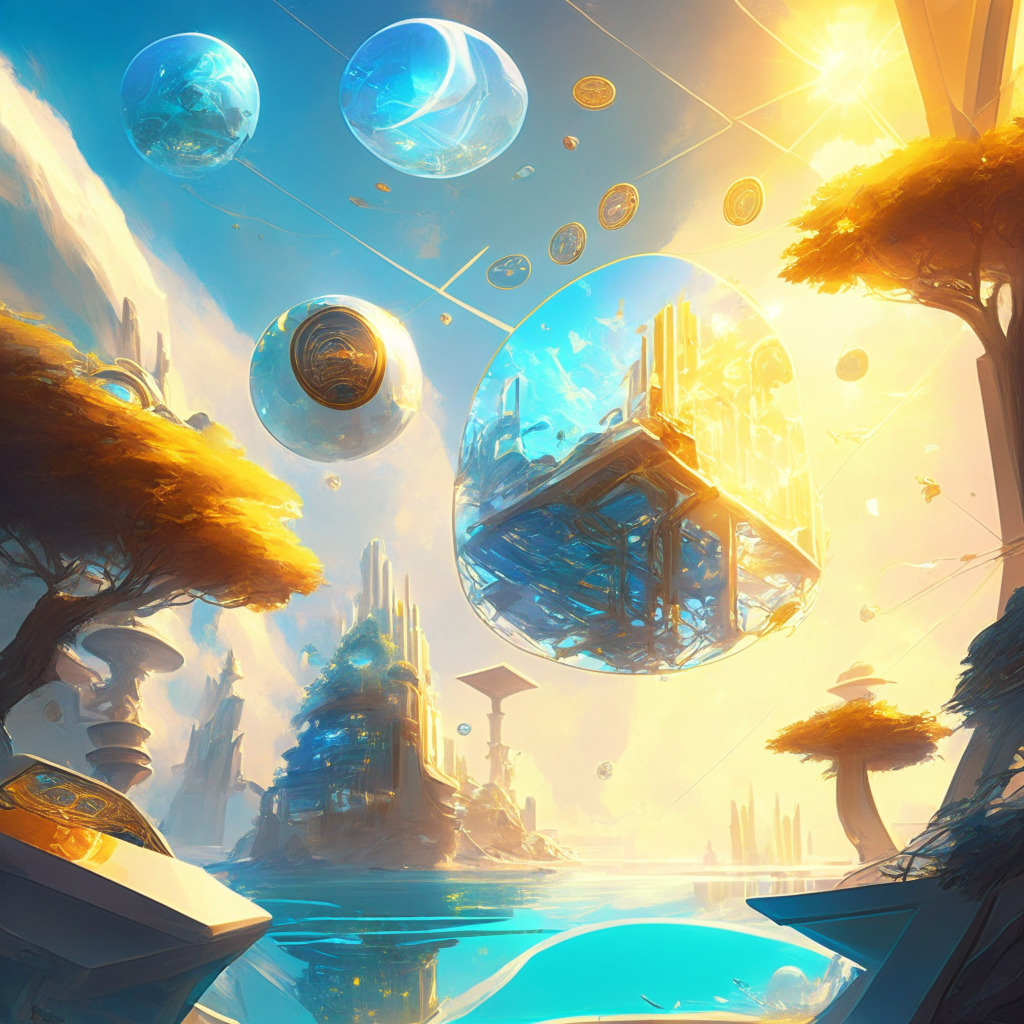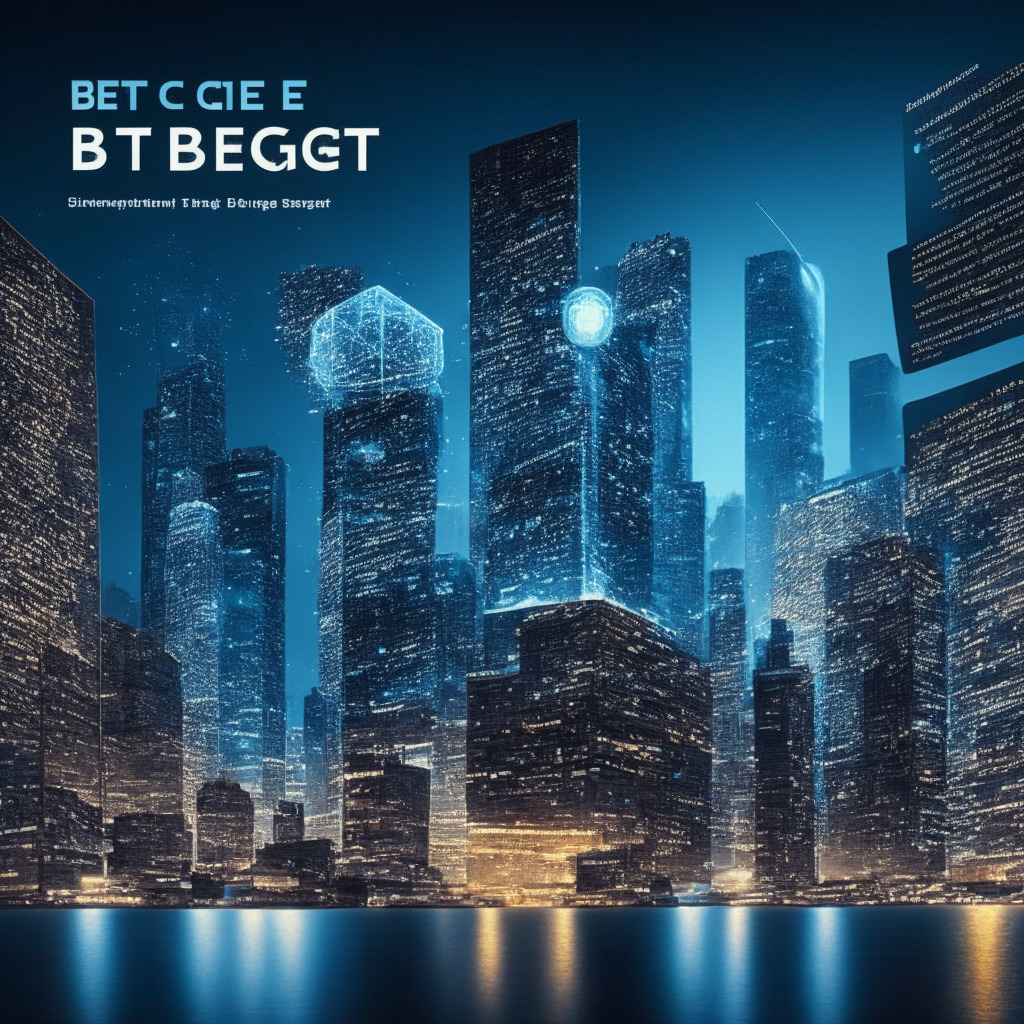In recent times, the Web3 gaming industry has seen remarkable growth through blockchain networks such as Avalanche, Solana, Polygon and the newly-launched Sui. One platform that has not yet ventured into this exciting realm is Chia, a blockchain network based on storage solutions. However, that may soon change as Chia Network officially launched the Chia Open Digital Economy (CODE) framework last week.
The CODE framework aims to empower an open metaverse of games and applications utilizing interoperable assets. Consequently, Chia announced a proof-of-concept trading card game (ChiaTCG) which will embrace all Chia NFTs, turning them into playable cards. Chia Network’s Chief Metaverse Officer, Richard Tsao, is the driving force behind this gaming initiative. Drawing on his extensive experience at tech giants like Microsoft, Ubisoft, and Riot Games, Tsao sees the future of gaming as an open ecosystem of tradable assets owned by players.
The Chia network, created by BitTorrent inventor Bram Cohen, uses a distinctive “proof of space and time” consensus mechanism that is secured by user’s storage space, providing a more environmentally friendly alternative to energy-intensive networks. Tsao believes Chia’s unique approach to gaming has notable advantages over other blockchain networks, such as the coupling of the NFT1 token standard with Chia’s Offers system, enabling seamless peer-to-peer atomic swaps without any intermediary.
Despite its ambitious plan and proof-of-concept game demo, Chia Network’s gaming aspirations are still in their infancy. By the end of the year, Chia aims to deliver a white paper and finalize code to facilitate interoperability between future games while simplifying the development process. ChiaTCG, designed as a generic starting point for creators, seeks to demonstrate the potential of NFTs within a gaming context.
However, challenges loom as Chia enters the Web3 gaming scene late in the game. Established platforms such as Ethereum and Solana already boast a significant market presence, with games like Gods Unchained and Skyweaver attracting substantial user bases. Additionally, Chia’s smaller NFT market size due to its recent origin could limit opportunities for developers.
Despite these challenges, Tsao maintains confidence that Chia’s infrastructure will appeal to developers, and that the platform can ultimately deliver on the promise of interoperability in the Web3 gaming space. Partnering with experienced game developers will enable Chia to provide the tech required to bring the metaverse gaming dream to life. So while Chia may be starting from behind, you shouldn’t count them out just yet.
Source: Decrypt




